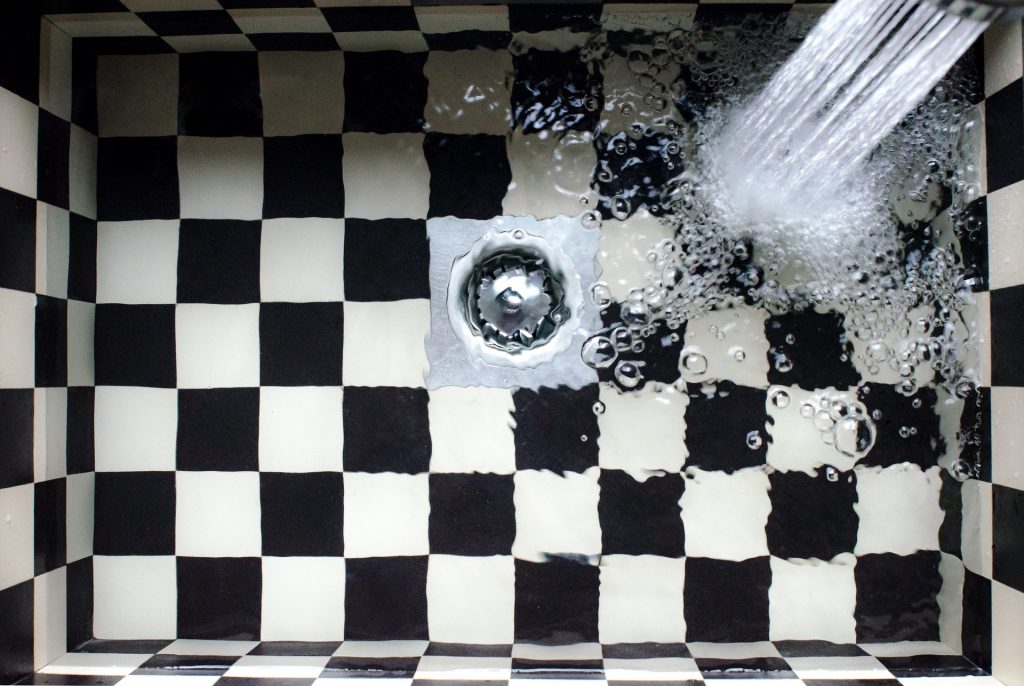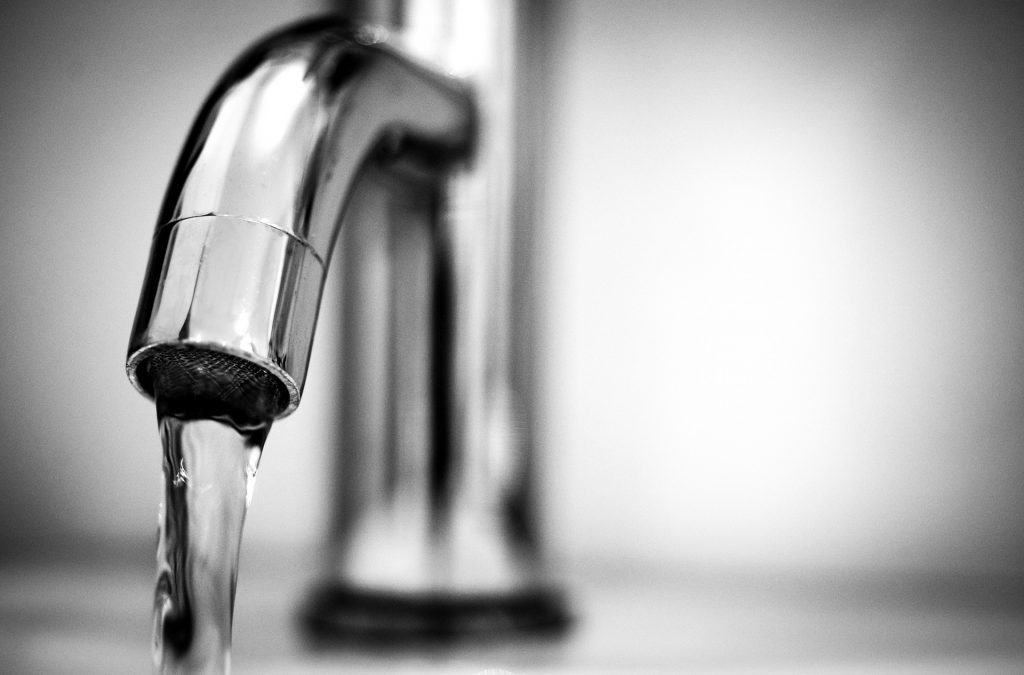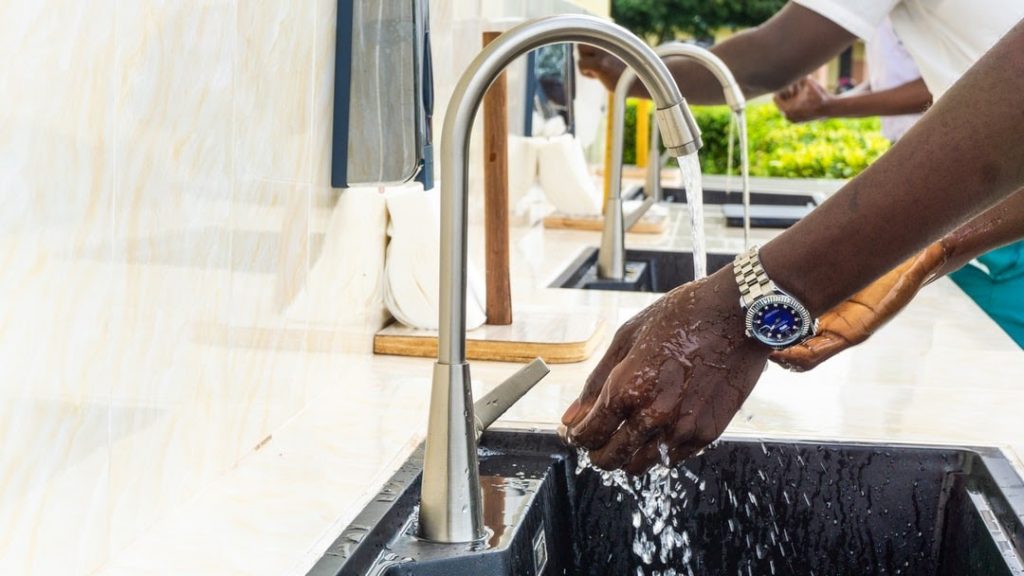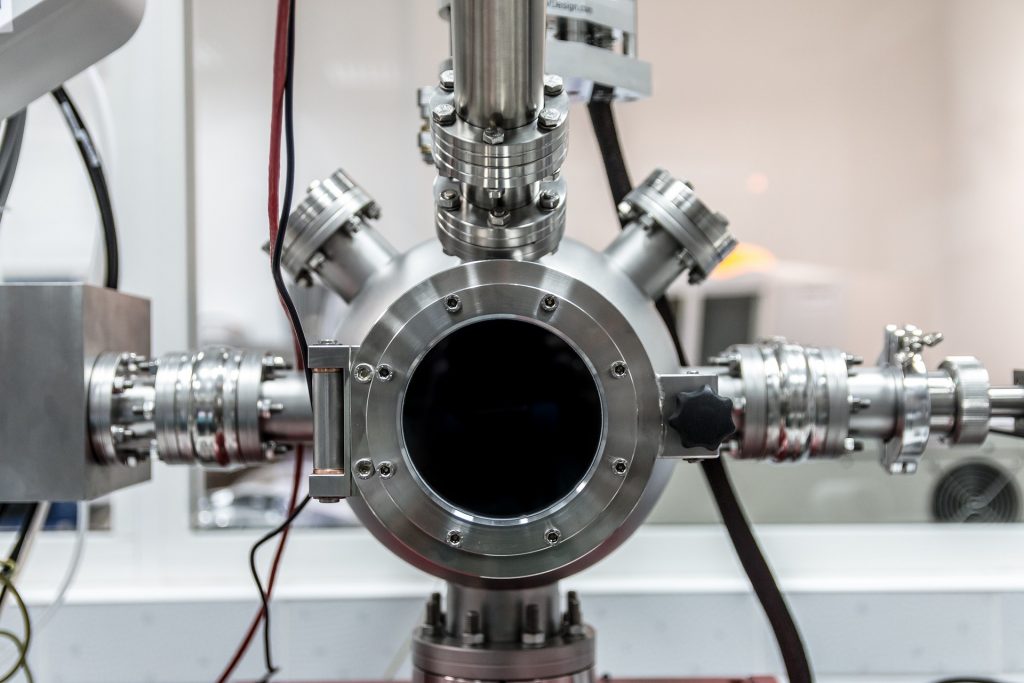Hot water heater problems can be quite concerning. After all, water heaters are expensive and essential for everyday tasks like bathing and washing dishes.
In this post, we’ll take a look at some of the most common hot water heater problems as well as what to do about them.
Common Hot Water Heater Problems
Temperature Issues
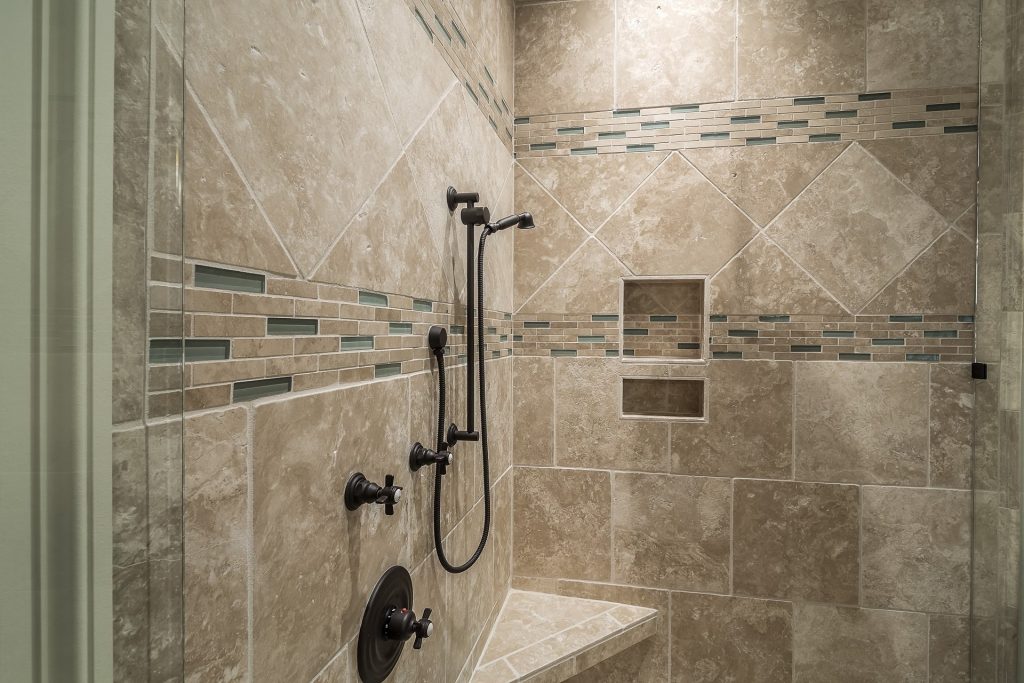
Inadequate hot water (or none at all) is one of the most common issues you’ll experience when it comes to your water heater. As with most common water heater problems, there are many potential causes ranging from serious to easy-to-solve.
Let’s look at each issue based on the symptoms they produce.
No Hot Water Anywhere In The House
This is one of the most common water heater problems related to temperature. It is typically a sign that the heating elements in the unit are not functioning properly.
Gas hot water heater problems that fit this description can usually be traced to the pilot light. Water heater pilot lights work by igniting the natural gas that comes out of the unit’s main burner.
Occasionally, this light can go out. That triggers a sensor (known as a thermocouple) that stops the water heater from producing gas. This is a very important safety feature since, were the gas to continue outward, it would fill the room and create an explosion risk.
Electric water heater problems contributing to a temperature issue can usually be traced to a tripped circuit breaker or malfunctioning element.
What To Do About It: Gas Water Heaters
Before you do anything to solve this issue, it’s important to make sure such a leak has not occurred. This is fairly simple; just sniff! Natural gas smells like rotten eggs and is unmistakable. If you notice this smell in your home, immediately shut off the water heater’s gas valve and contact your natural gas company. This is not one of those gas hot water heater problems you can solve on your own.
If you’ve determined that a leak did not occur (which is usually the case since thermocouples are very effective), see if the pilot light has gone out and, if so, relight it.
Instructions for doing this are usually placed on the unit itself via a sticker.
If the pilot light keeps going out, however, you will need to have the thermocouple looked at and potentially replaced. While these components are very efficient and hardy, they can malfunction with age.
Replacing the thermocouple is something you can do on your own if you have an older manually-lit unit. Here are the instructions:
- turn off the gas
- allow the pilot light area to cool
- remove the access panels on the burner
- loosen the nut or screw that connects the thermocouple to the control valve
- gently remove the thermocouple from the unit (be careful not to bend the bracket holding it in place)
- go to your home hardware store and ask them to point you towards an exact replacement for your thermocouple (bring it with you)
- screw the new thermocouple in
- replace the access panels
- restore the gas supply and relight the pilot light
If you have a newer water heater, these steps won’t work. You’ll need to contact a professional (like us at American Home Water and Air) for help.
If replacing the thermocouple doesn’t solve the issue, you are likely looking at one of the following:
- a gas valve that has been turned off (you can just switch this back on)
- low gas pressure (you’ll need to contact the gas company)
- air in your gas line (refer to your water heater’s manual; usually you’ll need to hold the pilot knob for a reasonably long period to get rid of this air)
What To Do About It: Electric Water Heaters
One of the most common electric hot water heater problems related to a total absence of heat is a tripped electrical circuit breaker. In other words, the electric water heater may simply not be getting the electricity it needs to function.
This is a quick fix. Simply inspect your circuit panel and reactivate the switch if it has gone off.
If this isn’t the culprit, you are likely looking at a failed heating element. To address this, do the following.
- turn off the breaker that connects to the heater
- remove the access panel that leads to the heating element
- remove the insulation and do not touch any of the electrical terminals or wires
- press the reset button, which is usually located atop the thermostat
- reinstall the panel and insulation
- switch the circuit back on
If this solves the issue, you’re good to go. If it doesn’t, you’ll want to have a professional inspect each of the heating elements to see if they need to be replaced.
Inconsistent Hot Water
If you’re getting inconsistent hot water from your heater, you should inspect your heater for sediment buildup. Water heaters in Phoenix are plagued by sediment buildup due to Arizona’s remarkably hard water. This sediment can prevent heat from traveling through your water heater properly. Water at the bottom of the tank might be hotter than water elsewhere in the tank, leading to inconsistencies.
To address this issue, give your water heater a good cleaning. Refer to this article we wrote for specific instructions on how to go about doing this. In a nutshell, you’ll need to drain the water heater, which will usually flush out any sediment. If the buildup is severe, you may even want to flush the tank with vinegar to wear the minerals down.
A Leaking Water Heater Tank
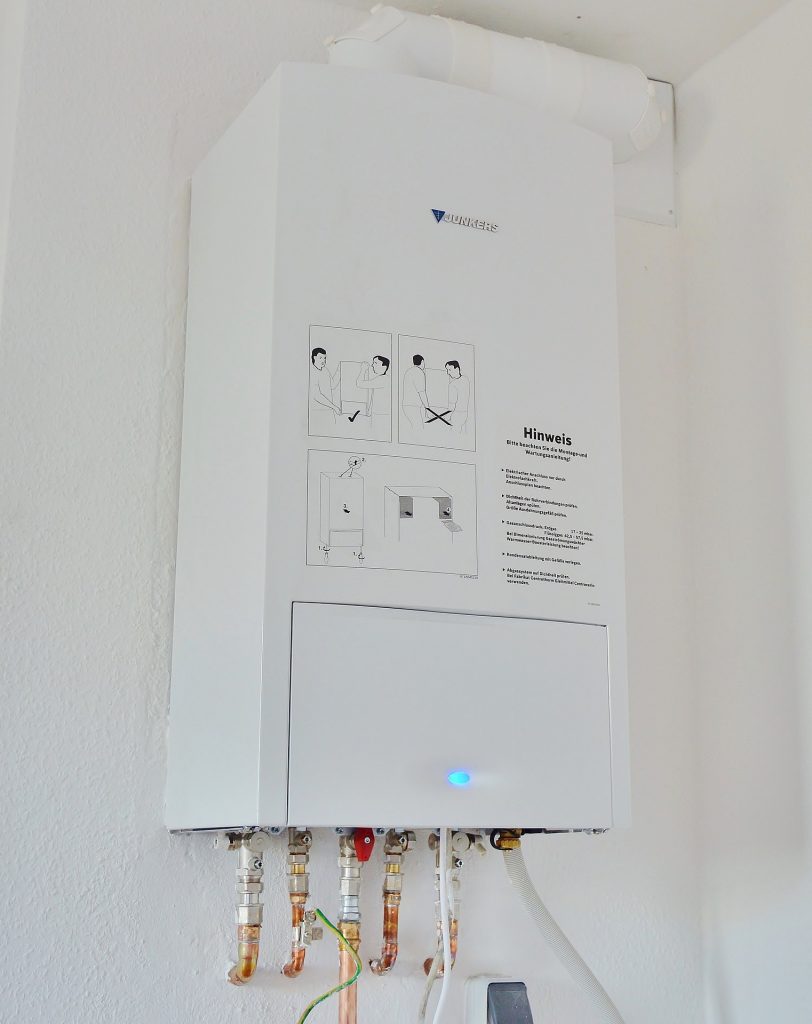
Even tankless water heaters can leak.
This is easily the next most common issue plaguing water heaters. We already wrote a very detailed article about leaking water heaters (check it out here), so we’ll keep this section brief.
If your water heater is leaking, it’s usually because of a sediment buildup, faulty overflow pipe, damaged relief valve, or a punctured tank.
The first three issues are all very fixable. A punctured tank, however, requires replacement. Thankfully, it’s very hard to actually puncture your water heater tank. It usually only happens as the unit deteriorates with age, which shouldn’t happen until about the 10-year mark.
Your Water Heater Produces Smelly Water
Another one of the common gas and electric water heater problems is smelly water. It’s worth pointing out that many states (including Arizona) have occasionally smelly water. This is because of hydrogen sulfide gas, which can build up in your water heater or even originate in groundwater. This isn’t harmful, despite the unpleasant smell.
If you’re getting a different type of smell, it’s likely the result of a bacterial buildup in your water heater. Once again, refer to our article on cleaning water heaters (linked above) for information on addressing this. You may want to substitute vinegar for a hydrogen peroxide/water mixture.
Your Water Heater Is Making Noise
One of the most common gas and electric water heater problems is sediment. If the sediment is in large enough chunks, it can actually bang against the sides of your water heater tank, producing noise. Giving the tank a good cleaning can address this by dissolving the sediment.
Noise can also be the result of a heating element that’s burnt out in an electric heater. To fix this, remove the panel (see instructions in our “What To Do About It: Electric Water Heaters” section) and have a professional inspect each of the heating elements. This test involves using a multitester to analyze the resistance of each element. If the element produces either no reading or a maximum reading, the element needs to be replaced.
Conclusion
Temperature issues are the most common water heater problem we hear about at American Home Water and Air, which is why we spent the bulk of the article discussing it.
As you can hopefully tell, water heater issues aren’t always something to be super concerned about. By following the steps above, you should be able to determine whether the issue you’re dealing with can be fixed on your own or if it requires a professional’s attention.
If you live in the Phoenix, Arizona area, we encourage you to give us a call for all your water heater and HVAC repair or maintenance needs. We’ve been serving the community for more than 30 years and can get your heater back up and running in no time.
[related_posts_by_tax posts_per_page="3" format="thumbnails" image_size="medium"]


